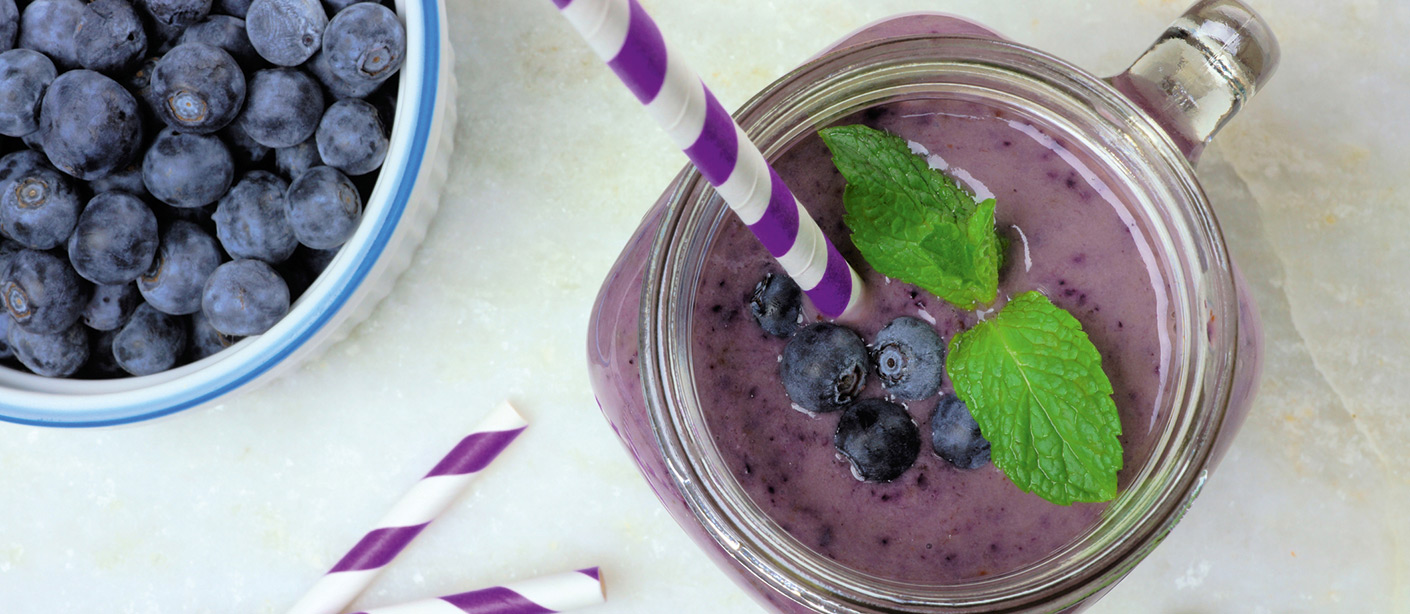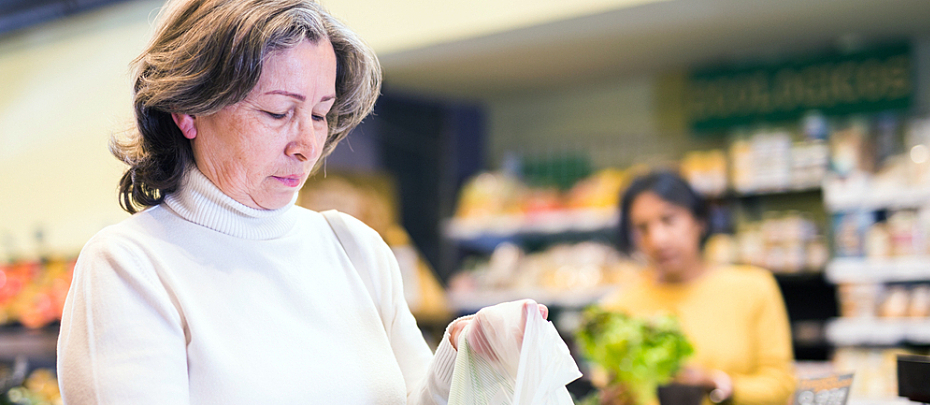How Cancer Treatment Affects the Body
Cancer treatment is accompanied by a handful of side effects that can affect nutritional status, such as:
Also, weight fluctuations are common during treatment, with many people experiencing nutrient deficiencies and malnutrition.
Following a balanced diet during cancer treatment can help keep you strong, but it's not always easy to get all the nutrients you need with these symptoms in the equation. That's why nutrition during recovery can become even more important.
"When you finish your treatment, you may still be at risk for malnutrition and depleted muscle mass," explained Abby Sauer, MPH, RD, an Abbott dietitian. "After treatment, some side effects may go away pretty quickly." For instance, a sore or dry mouth may subside within a week after treatment, but poor appetite or weight loss may linger for weeks or months, according to Sauer.
"After treatment, it's important to think about eating a well-balanced diet and getting plenty of protein and calories to rebuild tissue and regain strength to help with recovery," she said.
Is your nutrition foundation strong? Nutritional Assessment Checklist (PDF)
Weight Loss
There are some effective ways to healthily gain back weight that was lost during treatment. And according to Sauer, appetites should slowly start to come back after cancer treatment, but it's crucial to have realistic expectations. "As you start to feel better, introduce foods that you weren't able to eat during treatment and prioritize lean proteins and vegetables," she recommended.
Recovery is the time to focus on choosing healthy ingredients. "You may have been supplementing your diet with butter or sour cream to get in the necessary calories (during treatment), but now it's important to eat a balanced diet that includes whole grains, nutrient-dense fruits and vegetables," Sauer said.
Healthy fats are also a crucial part of nutrition after cancer treatment because they provide nine calories per gram, as compared to four calories per gram in carbohydrates and protein. Sauer recommended incorporating healthy fats like whole milk, whole milk yogurt, avocados, nuts, oils and fatty fish.
Weight Gain
Some cancer treatments may cause weight gain related to hormone imbalances or fluid retention, among other factors. Good nutrition can help support healthy weight loss, while also ensuring that you get the nutrients you need for a full recovery.
"If you gained weight during treatment, you should reassess your weight once treatment ends," advised Sauer. If you do need to lose weight, start by building a colorful plate with lean proteins, whole grains, fruits and vegetables at every meal.
"Avoid empty calories, like sugary drinks and sweets, and think about eating five to six small meals throughout the day to satiate your appetite," she added. Sauer also reiterated the importance of drinking eight to 10 glasses of water each day in order to stay properly hydrated and avoid overeating.
Protein is Key
Certain nutrients provide important support to the recovery process. "Protein is necessary, whether you've lost or gained weight, because you need to rebuild muscle which supports your overall strength, energy and health," explained Sauer.
If you've lost weight, pair protein with extra calories. Ensure® Plus or Ensure®Enlive both provide 350 calories per drink and 13 grams of protein or more, making them great nutrition shakes for those who need to gain weight.
If you don’t need to gain weight, Sauer suggested opting for high protein foods including lean meats and dairy. If you are on the go, the nutrition drink Ensure® Max Protein has 30 grams of protein, 1 gram of sugar and 150 calories.
Recovery: Tips for Maintaining Good Nutrition
After treatment, you may still be managing some ongoing side effects from your treatment, and that could make it difficult to eat nutritious meals and get the nutrients you need. Recovery can continue long after you're officially in remission and keeping up with good nutrition is critical to helping your body build strength so you can get back to living your best life.
12 Ways to Eat Well After Cancer Treatment
After cancer treatment, it's important to focus on building strength and recovering properly. Nutrition plays an important role in how you'll feel, and by making smart decisions about food, you can enter this new phase of life feeling stronger.
- Replenish your energy by getting plenty of protein and nutritious calories to rebuild muscle and regain strength.
- Introduce nutritious foods, such as fruits and vegetables, that you may have been unable to eat during treatment.
- If you lost weight during treatment, incorporate some healthy fats into your diet. Good sources include whole milk, avocados, nuts, seeds, oils and fatty fish.
- If needed, pair protein with extra calories. Ensure® Plus or Ensure® Enlive are both excellent sources of protein, and each provides 350 calories per serving.
- If you need to lose weight after treatment, avoid empty calories from sweets and sodas, and think about eating five to six small meals throughout the day to satiate your appetite.
- Don't be afraid to try foods that you may have disliked before treatment. Taste buds can change during treatment, so you may now enjoy this new food.
- Regardless of your nutrition status, drink eight to 10 glasses of water each day to stay properly hydrated.
- Cook your meals in batches and freeze for later to ensure you always have a healthy meal on hand.
- Take advantage of the salad bar at your local supermarket and pick up prepared items to make a quick, healthy meal.
- Stock easy, convenient and nutritious snacks at home and bring them with you on the go.
- Buy nutritious foods that don't require much preparation, like peanut butter, canned tuna, nuts, cheese and eggs.
- Order online for home grocery delivery or ask family and friends for help with cooking and shopping or invite them to enjoy a meal with you.




Social Share